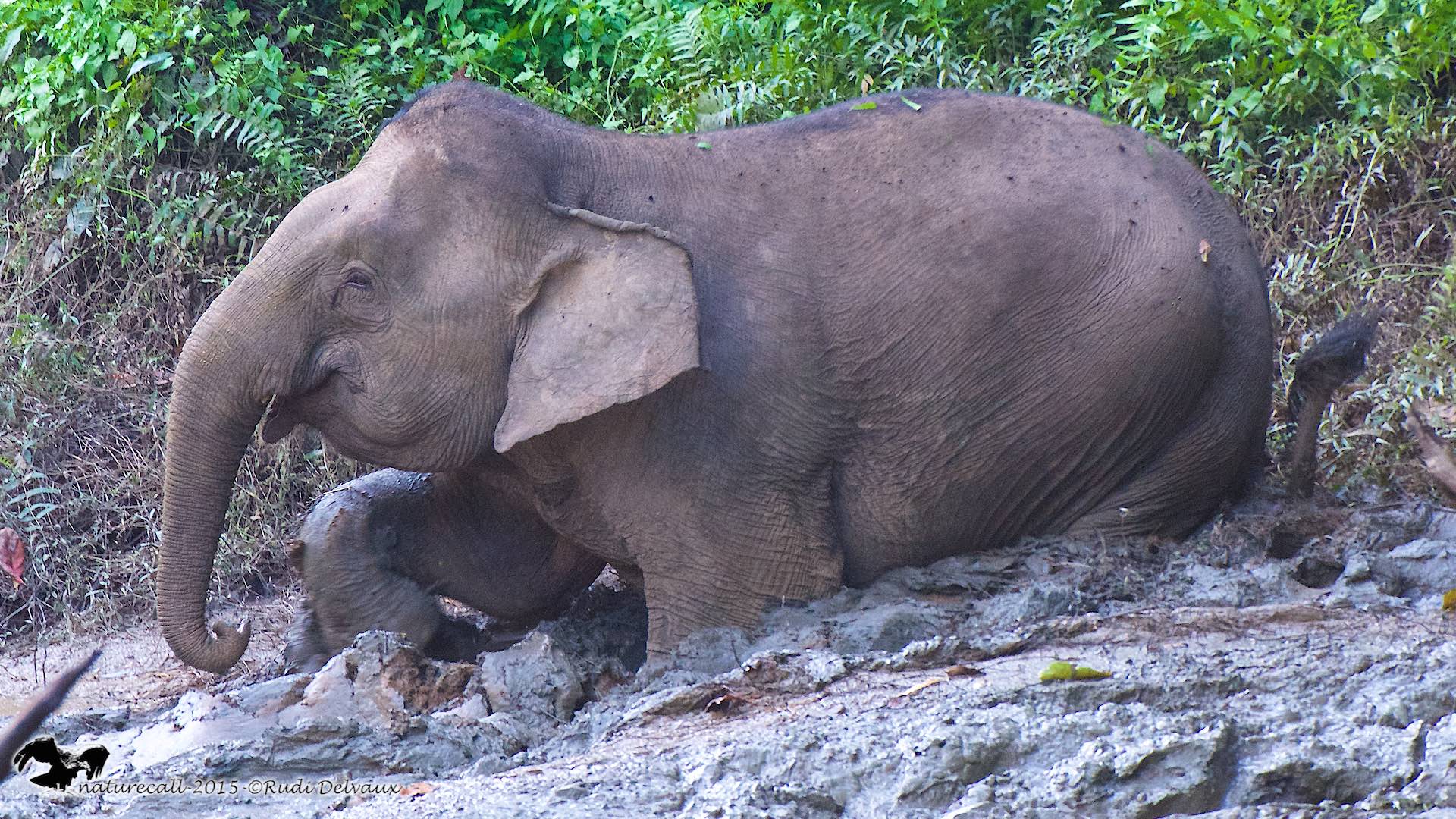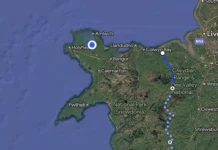Further fragmentation of forest habitats in Borneo could lead to the extinction of the region’s elephant population, according to a new study led by Cardiff University’s Danau Girang Field Centre (DGFC).
Their findings are published today in the journal Biological Conservation.
The team analysed dung samples in Sabah, Borneo in order to determine the genetic diversity of the local elephant populations and to assess the degree of fragmentation and isolation within the existing herds.
The study detected reduced gene flow levels among elephant populations in Sabah and significant genetic differentiation between populations. It also found that genetic diversity is unequally distributed between the smaller and more isolated elephant populations in the region.
“These findings suggest that if elephant populations decrease too much in size, they will become more sensitive to random events such as climate change or further infrastructure development,” explained Dr Benoit Goossens, Director of DGFC and lead author of the study.
“Inbreeding and loss of genetic variation would be the inevitable consequences and could lead to the extinction of the species in Borneo.
“Avoiding further fragmentation of elephant habitat is necessary to ensuring the conservation of the species.”
Dr Marc Ancrenaz, Scientific Director for the NGO HUTAN and a study co-author, added:
“Fragmentation of habitat leads to increased contact between people and elephants, which results in conflict, economic losses and elephant killings.
“This situation is serious and the only long-term solution is to secure elephant ‘highways’, or forest corridors that the animals can use to move across the landscape.”
According to some estimates, there are as few as 2,500 elephants living wild in Borneo.
Help keep news FREE for our readers
Supporting your local community newspaper/online news outlet is crucial now more than ever. If you believe in independent journalism, then consider making a valuable contribution by making a one-time or monthly donation. We operate in rural areas where providing unbiased news can be challenging. Read More About Supporting The West Wales Chronicle


























